“Sex is not to do. Sex is to watch.”The Year of the Sex Olympics (Michael Elliott, 1968)
Sep
7
ESPN – 1979
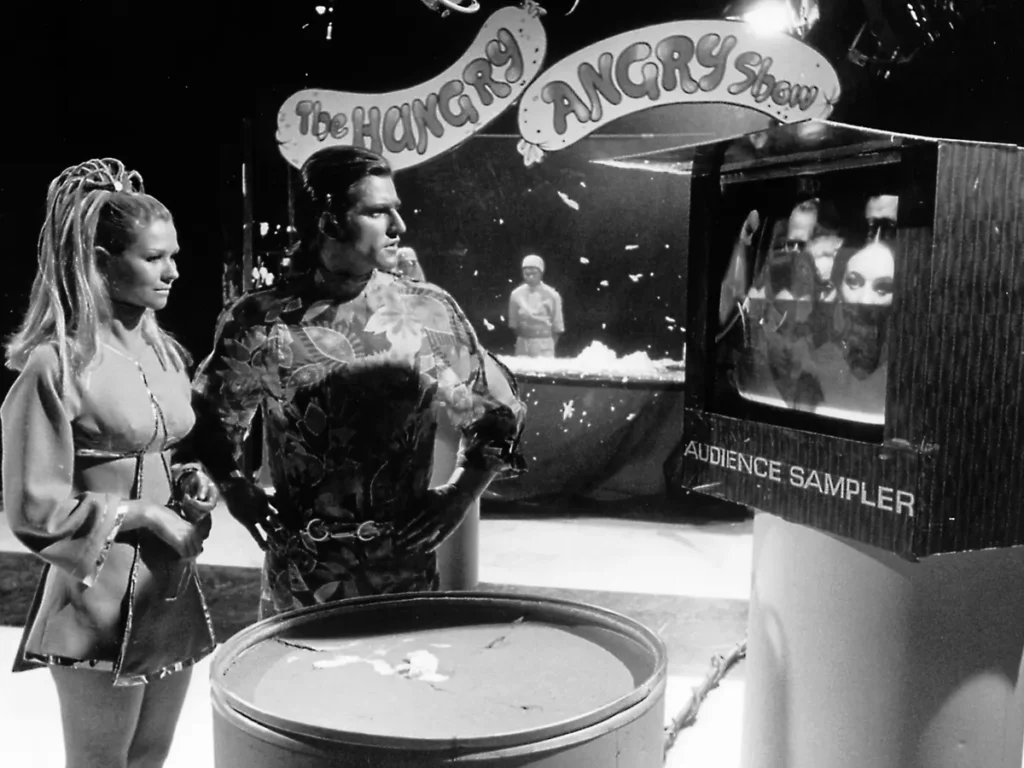
The people of a suspiciously 60s looking future critically watch the audience of a reality TV show called The Hungry Angry Show.
Sports watching on TV for ESPN's debut.
– Nat Mender
All that's on TV is pornography and violence. Welcome to the Year of the Sex Olympics.
1960s
“I had imagined this journey as a quest. I finished my studies in math. I wanted to live. I wanted to burn all the bridges, all the formulas, and if I got burned, that was okay, too. I wanted to be warm. I wanted the sun and I went after it.”More (Barbet Schroeder, 1969)
Sep
7

Estelle (Mimsy Farmer) and Stefan (Klaus Grünberg) tripping in Ibiza. DP: Néstor Almendros.
– Stefan
Mélodie en sous-sol [Any Number Can Win] (Henri Verneuil, 1963)
Sep
6
Tue
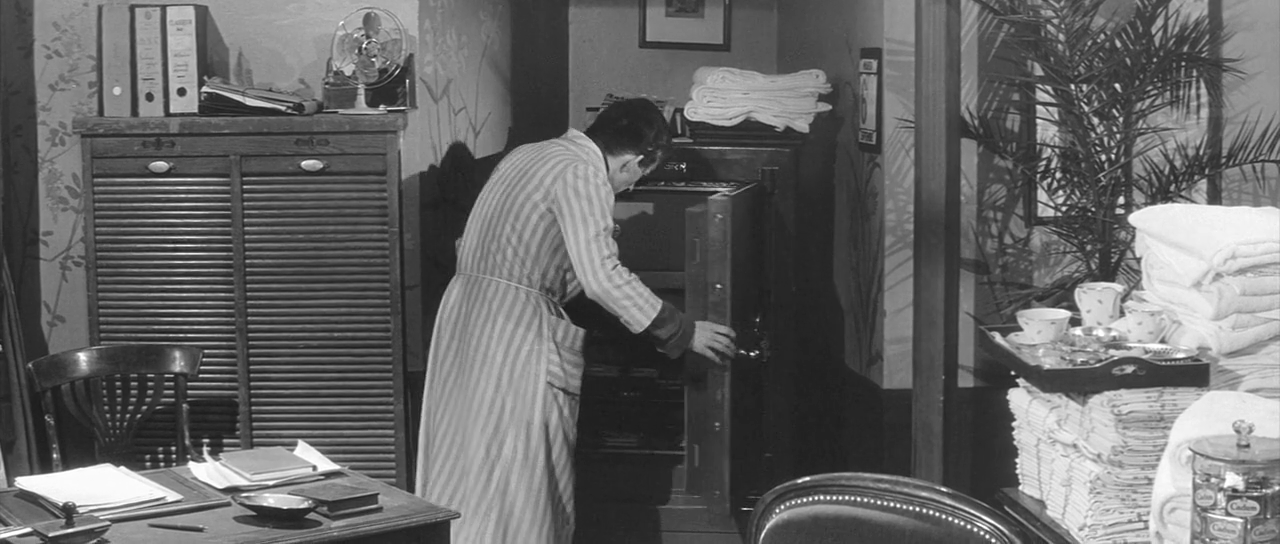
Mario (Henri Virlojeux), bathhouse proprietor. A nearby wall calendar reads mardi, septembre 6. DP: Louis Page.
“We've been to Haunted Hills, and through Tinglers, and even Ghosts... but now we're going to meet a group of people who just happen to be… Homicidal.”Homicidal (William Castle, 1961)
Sep
6

Man's hands hold a picture of Emily (Joan Marshall). DP: Burnett Guffey.
– William Castle, introduction
Le vampire de Düsseldorf [The Vampire of Dusseldorf] (Robert Hossein, 1965)
Sep
5

Robert Hossein as Peter Kuerten [sic]. DP: Alain Levent.
Человечка нарисовал я [Chelovechka narisoval ya / It Was I Who Drew the Little Man] (Valentin Lalayants, Zinaida Brumberg + Valentina Brumberg, 1960)
Sep
1
День знаний
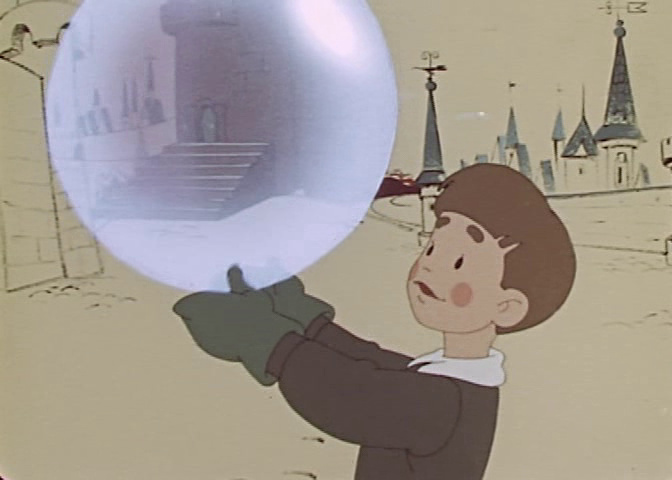
Mesmerised schoolboy Fedya holds up a huge bubble. DP: Elena Petrova.
On September 1, also known as Knowledge Day (День знаний) in Russia, an enthusiastic schoolboy draws a little man on the classroom wall, and causes a whole lot of trouble.
Happy End (Oldřich Lipský, 1967)
Sep
1
1889
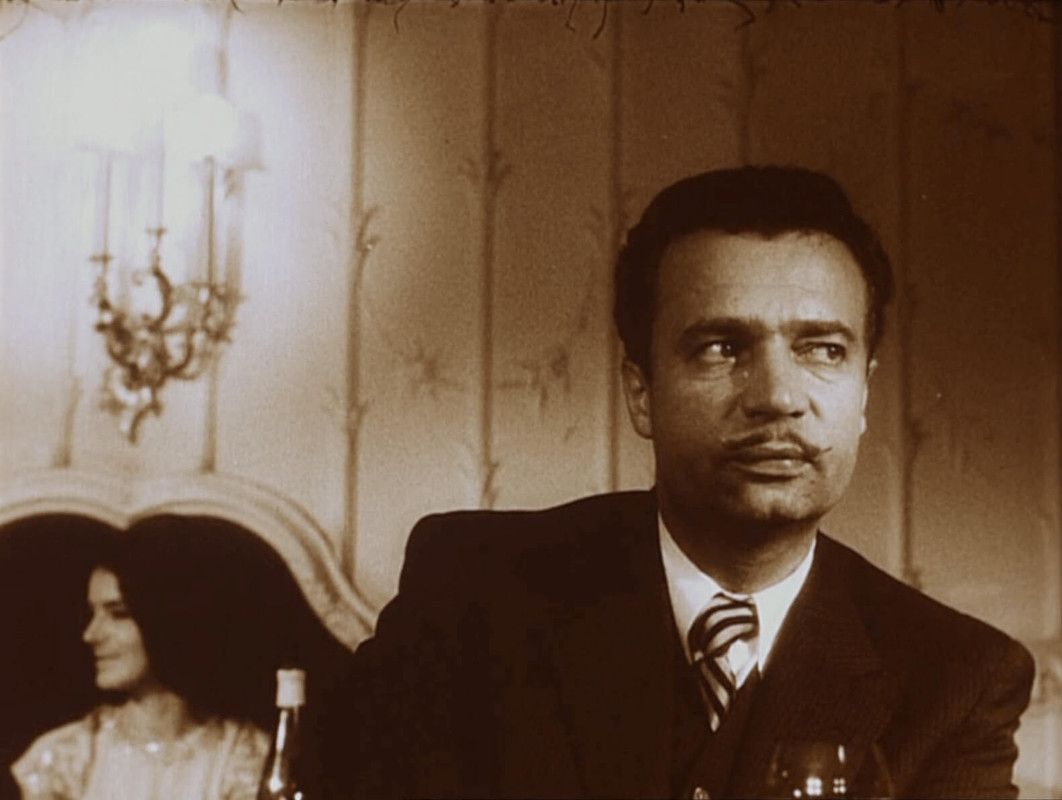
Butcher Bedřich Frydrych (Oldřich Lipský), born September 1, 1889 in Trumberk. DP: Vladimír Novotný.
“Life is a messy weapon.”Shock Corridor (Samuel Fuller, 1963)
Aug
30
1954
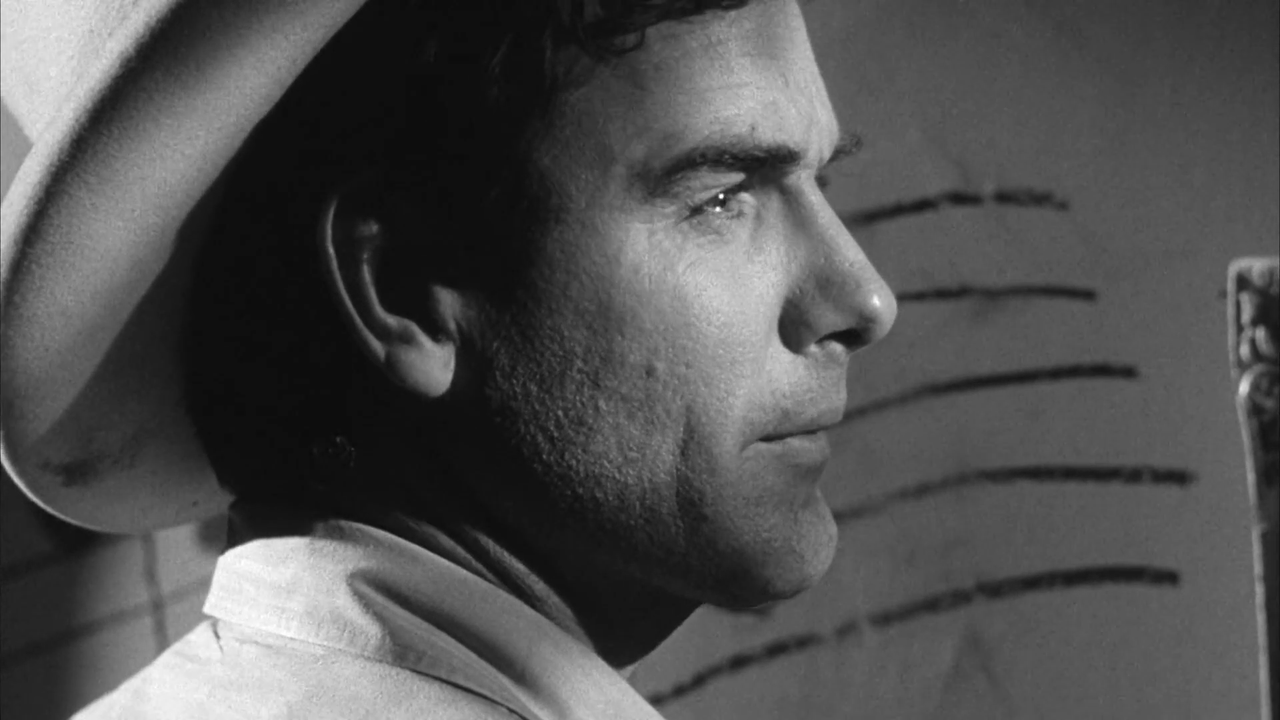
Inpatient Stuart (James Best) in one of the many scenes that appear to bear some of the seeds of Mark Frost & David Lynch's Twin Peaks (1990–1991). DPs: Stanley Cortez & Samuel Fuller.
– Pagliacci
“Everything is rotten. Decadence is everywhere. Why fight it?”Les créatures [The Creatures] (Agnès Varda, 1966)
Aug
29

Mylène (Catherine Deneuve) and Edgar (Michel Piccoli) Piccoli playing checkers at a small table. DPs: Willy Kurant, William Lubtchansky & Jean Orjollet.
“Remember love, remember love
Love is what it takes to dream”
Bed Peace [John and Yoko: The Bed-In] (John Lennon + Yoko Ono, 1969)
Aug
27
white

John and Yoko in their bed, dressed in all-white, framed by flowers. DP: Nicholas D. Knowland.
White, in food or fashion*
– Yoko Ono, Remember Love (1969)
While the press expected the newlyweds' “bed-in” to be a scandalous nude affair, the two lovers showed up in all-white – like angels, as John put it. Surrounded by journalists and friends, John and Yoko imaged peace.
* the Bales 2025 Film Challenge for August is not date-related but lists, for the most part, the colours of the rainbow.